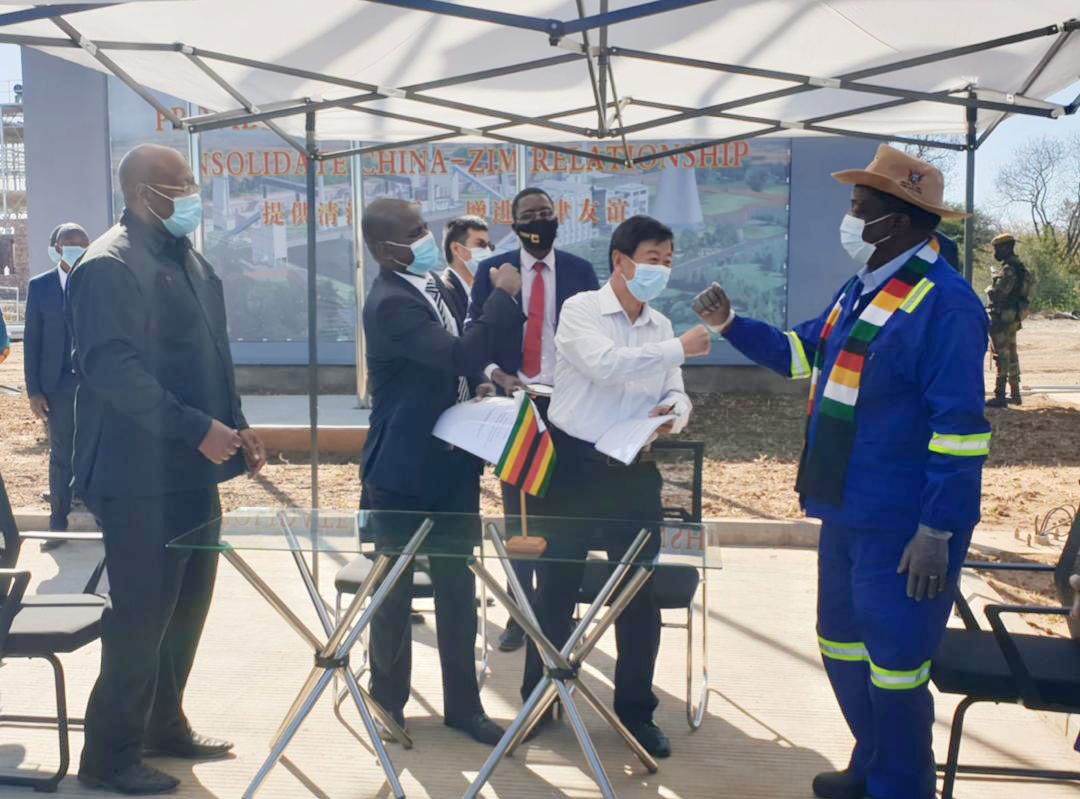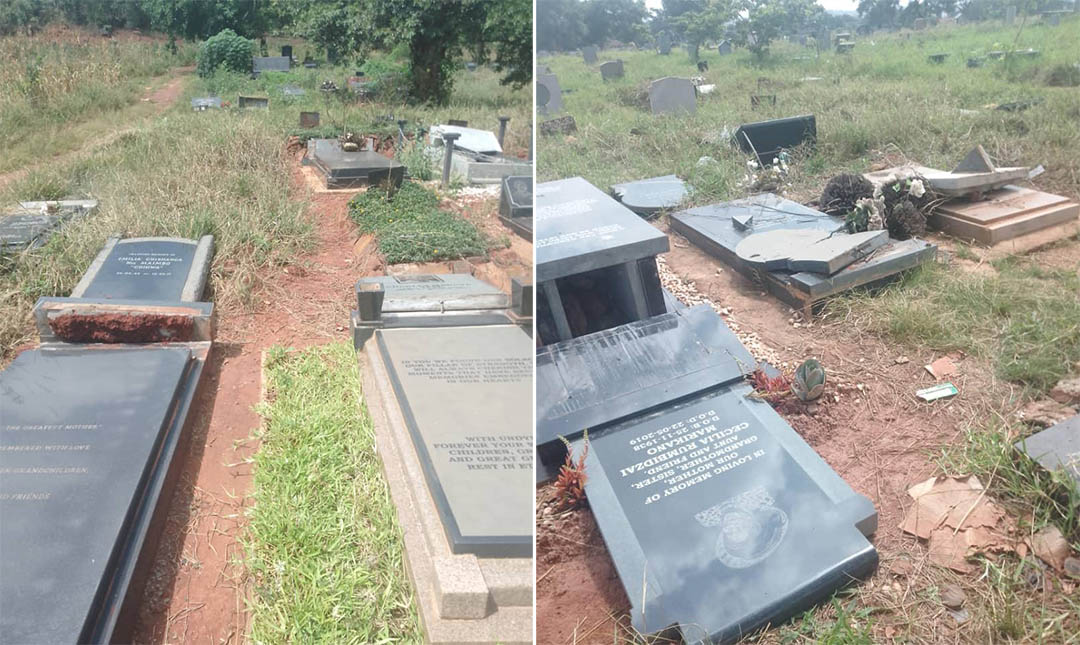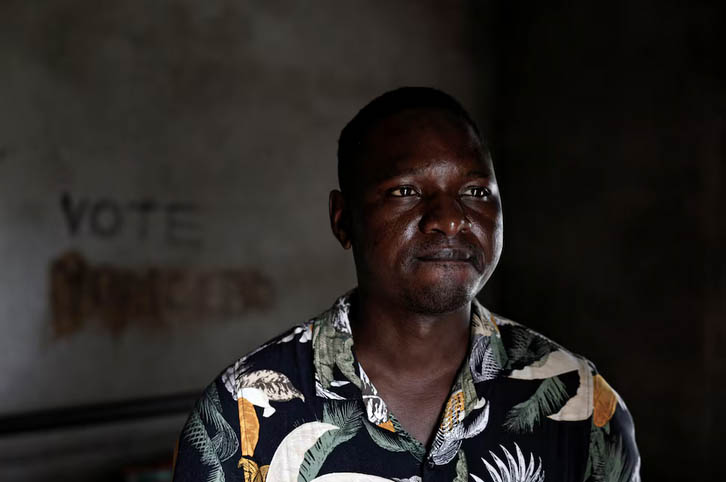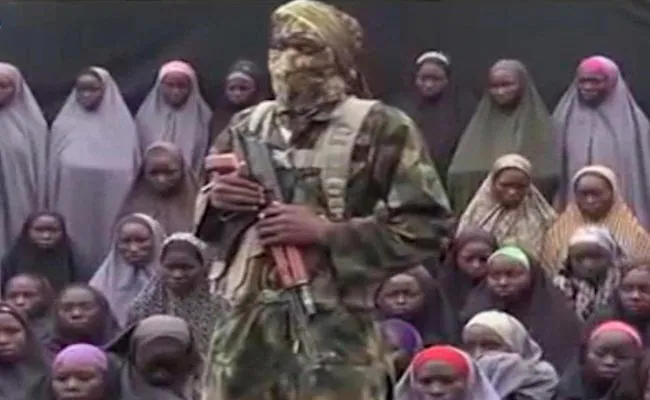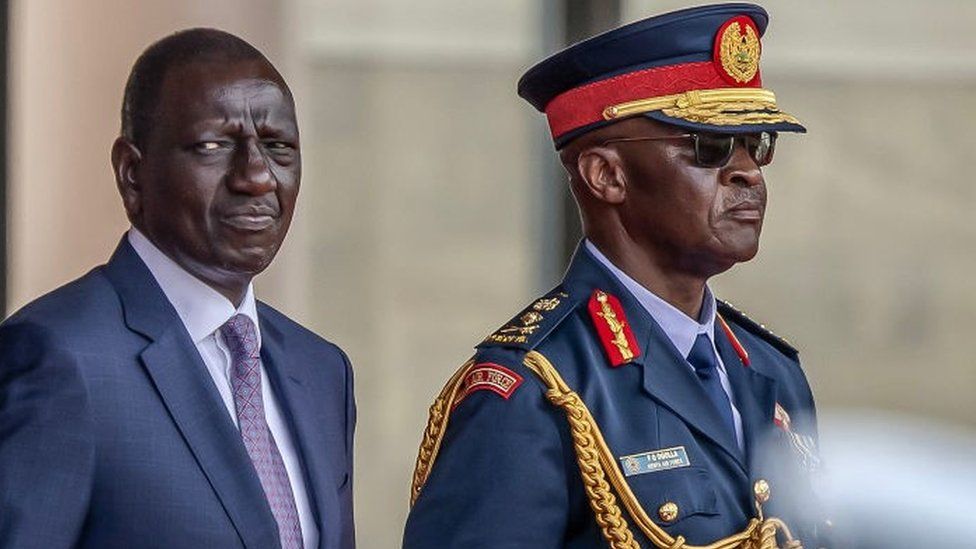BULAWAYO – Zimbabwe is stalling the completion of a 720 megawatt coal-fired thermal power plant in Hwange in a stand-off between the finance ministry and the military which is in a joint venture with a Chinese company, ZimLive can report.
Zimbabwe ZhongXin Electrical Energy (ZZEE) completed the first phase of the project – the construction of a power plant with a capacity of 50 megawatts in December last year – but the country cannot tap into this new power source before the signing of an “implementation agreement” which the Chinese requested as far back as July last year.
The agreement says in part that should ZESA fail to pay for the electricity, the government through the finance ministry will step in and pay ZZEE.
ZhongXin Coking Corporation Limited, the Chinese investor which partnered the defence ministry in the project after forming ZZEE, is increasingly frustrated as the finance minister Mthuli Ncube delays his signature, informed sources told ZimLive.
The delays, according to sources, point to the waning influence of Zimbabwe’s military, which has struggled to railroad the bureaucracy to expedite the process.
A spokesman for Ncube told ZimLive: “I can’t speak about this specific project but broadly, all agreements are subjected to thorough checks to ensure the country is getting a good deal.”
The project agreement is a standard document signed and given to Independent Power Producers. It is vital for a foreign investor to have one to secure their investment.
Letters between the Chinese investors, the military and the Zimbabwe government – seen by ZimLive – show growing frustrations over the delays in signing the agreement.
Last September, ZZEE wrote to finance ministry permanent secretary George Guvamatanga saying it was “kindly requesting your esteemed office’s assistance in facilitating processing an implementation agreement between ZZEE and the Zimbabwe government.”
After failing to get a positive response, the ministry of defence represented by Lieutenant Colonel Samuel Banda wrote to Guvamatanga on November 25 reminding him that the project, when complete, would “significantly reduce the country’s power import bill.”
“It is against this background that we kindly request your assistance in the processing of a Performance Guarantee between Zimbabwe ZhongXin Electrical Energy (Pvt) Ltd and the government of Zimbabwe. The necessary documents were submitted to your office on September 16, 2020,” Lieutenant Colonel Banda wrote.
Five months later, however, the finance ministry is yet to sign the agreement.
The Chinese investors left Zimbabwe in January to celebrate the Chinese New Year but have delayed their return, awaiting a signing date from the Zimbabweans.
A defence official briefed on the negotiations told ZimLive: “ZZEE is one of the country’s biggest coking coal exporters, earning the country millions of United States dollars monthly.
“The target is 720MW but in just a year, the first 50MW are complete and ready to be added to the national grid. Corruption and incompetence in government is jeopardising the project. The Chinese are now threatening to completely stop and pull their funding from the project.”
ZZEE had set a target of delivering 300MW by the end of 2021, but the project is now hobbled by finance ministry delays.
Zimbabwe was producing 968MW this week, and the country relies on imports to meet its peak demand of 2,200MW. Power projects like the one by ZZEE are expected to end the reliance on expensive imports.
Finance ministry permanent secretary George Guvamatanga, in particular, has proved to be intractable, sources said, despite the project getting a seal of approval from President Emmerson Mnangagwa, who toured the construction site last year.
The defence source added: “Top officials in Guvamatanga’s office have deployed delaying tactics and made statements such as ‘what’s in it for us?’ and ‘why must soldiers be eating money alone?’ Despite receiving letters from defence, the President’s Office, and the energy ministry emphasising the importance of the project, he is still making excuses.
“The military is now frustrated with the government, especially after river bed mining was banned last year. ZZEE is one of a few viable projects that the defence ministry actually gets money from, and if the Chinese investors were to pull out and leave, not only would they lose money but the country as a whole will lose especially the 720MW that’s expected.”
ZhongXin courted controversy last year after the mines ministry issued the company a special grant to mine coal inside the Hwange National Park. The special grant was split in half between ZhongXin and AfroChine.
The grant was withdrawn following an outcry from environmentalists and animal conservationists.
Mines minister Winston Chitando is under pressure to find the Chinese companies coal grants elsewhere.
